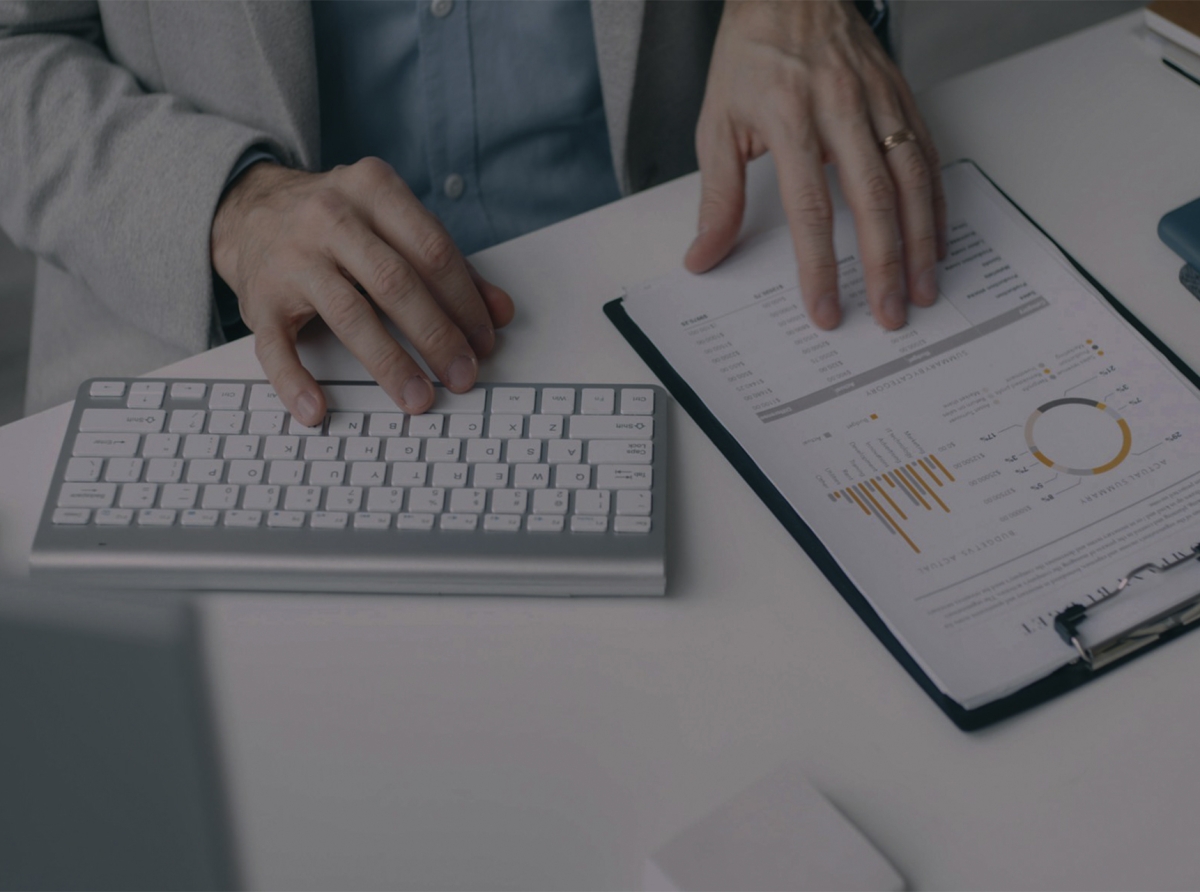How to Choose the Right Financial Instrument for Trading

How to Choose the Right Financial Instrument for Trading
Choosing the right financial instrument for trading — whether Forex pairs, stocks, crypto, or commodities — is a decisive factor in achieving consistent results.
The decision depends on market conditions, personal risk tolerance, liquidity, volatility, and economic trends. In September 2025, for example, the EUR/USD pair showed volatility index: 8.4 (ECB, EU, Sept 2025), while Bitcoin (BTC/USD) maintained average daily moves above 3.2% (CoinMarketCap, USA, Sept 2025).
Traders who align their instruments with their goals and strategies are more likely to succeed.
The decision depends on market conditions, personal risk tolerance, liquidity, volatility, and economic trends. In September 2025, for example, the EUR/USD pair showed volatility index: 8.4 (ECB, EU, Sept 2025), while Bitcoin (BTC/USD) maintained average daily moves above 3.2% (CoinMarketCap, USA, Sept 2025).
Traders who align their instruments with their goals and strategies are more likely to succeed.
Understanding Financial Instruments in Trading
Financial instruments are tradable assets such as currency pairs, stocks, indices, crypto tokens, bonds, and commodities. Each comes with its own liquidity profile, volatility level, and regulatory framework.Forex pairs (EUR/USD, GBP/JPY) dominate global trading volume, with daily turnover exceeding $7.5 trillion (BIS, Sept 2025, Switzerland).
Stocks and ETFs provide exposure to corporate performance, with strong regional differences (e.g., U.S. tech vs. Asian industrials).
Cryptocurrencies remain high-volatility instruments — Bitcoin’s average realized volatility in Sept 2025 stood at 62% annualized (CoinDesk, USA).
Commodities like gold or crude oil serve as hedges in times of inflation and geopolitical stress.
Why Choosing the Right Instrument Matters
The selection of instruments defines trading risk and profit potential. For example:In 2025, the S&P 500 returned +12% YTD (USA, Sept 2025), while small-cap indices like the Russell 2000 showed +18% YTD after the Fed’s rate cut.
A trader focusing only on large-cap U.S. stocks might have missed higher opportunities in emerging-market ETFs (e.g., India’s Nifty50 index up +22% YTD, NSE, Sept 2025).
Thus, choosing instruments isn’t about popularity — it’s about matching tools with market cycles.
Practical Criteria for Selecting a Financial Instrument
Volatility: High volatility (crypto, biotech stocks) = higher reward but higher risk. Low volatility (bonds, blue-chip stocks) = stability.Liquidity: Ensure tight spreads and high volume (e.g., EUR/USD average daily volume: $1.2 trillion, BIS, 2025).
Costs: Commission structure, overnight swaps, spreads vary by instrument and broker.
Regulation: U.S. stocks fall under SEC oversight; Forex brokers for U.S. traders must be NFA/CFTC regulated.
Time Horizon: Short-term traders may prefer FX or futures, while investors may opt for ETFs or dividend stocks.

How to Choose the Right Financial Instrument for Trading
Real Cases and Trader Stories
Case 1 (Forex): A retail trader in London (UK, Aug 2025) leveraged EUR/GBP volatility after BoE’s unexpected comments. A quick 2-day swing generated +4.2% return with controlled risk.Case 2 (Crypto): In Singapore, a trader specializing in altcoins benefited from Solana’s 15% rally (Sept 2025, Binance SG), but also faced a -9% correction within days.
Case 3 (Commodities): Gold rallied to $2,450/oz (Sept 2025, LBMA, UK) amid U.S. inflation concerns. Traders using gold futures hedged stock exposure successfully.
These cases show the importance of diversification and choosing instruments aligned with global events.
Analytical Data and Forecast for 2025–2026
Forex: The ECB’s dovish stance (EU, Sept 2025) suggests EUR/USD could range between 1.05–1.12 through 2026.Stocks: AI-related U.S. equities (Nasdaq) may deliver double-digit gains, while European indices could lag due to weaker growth.
Crypto: Bitcoin halving in April 2024 is still impacting liquidity; analysts expect BTC between $65K–$90K by late 2026 (CoinMetrics, USA).
Commodities: Oil could stay above $85/barrel if OPEC+ maintains production cuts (OPEC, Sept 2025, Saudi Arabia).
Forecast: Diversification across 3–4 instruments is the optimal approach for 2025–26, balancing growth and stability.
Choosing the right financial instrument is the cornerstone of trading success. Traders should analyze volatility, liquidity, and regulation while aligning instruments with their goals. Combining narrative-driven strategies (e.g., AI stocks, crypto halving) with structured risk controls ensures resilience.
Whether trading Forex, equities, or crypto, success depends not on the instrument itself but on how well it fits the trader’s profile and market context.
Whether trading Forex, equities, or crypto, success depends not on the instrument itself but on how well it fits the trader’s profile and market context.
Written by Ethan Blake
Independent researcher, fintech consultant, and market analyst.September 23, 2025
Join us. Our Telegram: @forexturnkey
All to the point, no ads. A channel that doesn't tire you out, but pumps you up.









Report
My comments